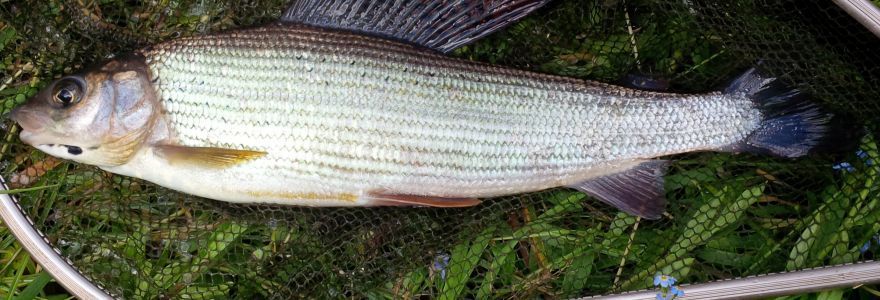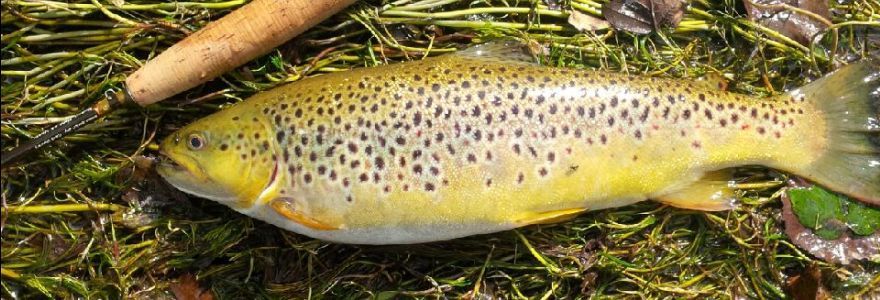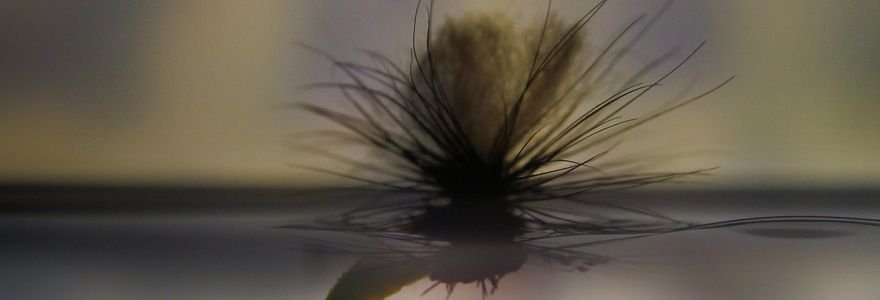Health & Safety
Fishing is dangerous if you do not take sensible precautions. More people die while fishing each year in the UK than in any other mass participant sport. The main reasons are:
- drowning - often after wading beyond their skill/knowledge of the river bottom
- electrocution - rods are normally made of carbon or graphite and conduct well, acting as a lightning conductor in a thunderstorm, or as a route for overhead electricity lines to short out to ground
- wade only where you are sure you are safe, even if the river level rises fast (and that can happen, even if it is not raining where you are)
- only wade where you are comfortable and sure you can get out of the river safely, bearing in mind it can be impossible to wade back up stream against the current
- take particular care when in, or near, water not to trip, slip or do anything else that might lead to you losing consciousness in water
- stop fishing and put your rod down immediately if there is a thunder storm
- make sure you spot any power lines where you are planning to fish and take great care when near power lines - no fish is worth electrocution - and you need to be aware that you/your line do not need to touch a power line to be electrocuted - electricity can arc across a gap
- the hook - it is sharp and often barbed so it does not fall out of the fish; it is hard to remove from our skin too. Casting involves moving the hook through the air near your head and body. If possible you should cast with your fly line downwind of your body to minimise the risks. Wearing a hat and glasses helps protect the vulnerable areas.
- Weil's disease (or leptospirosis) - this is a relatively rare but dangerous disease which is generally contracted through contact between broken skin and the urine of rats. You can find details at www.leptospirosis.org . Cover cuts/grazes when fishing and do the same if you cut or stab yourself while on the riverside. Also be aware of the symptoms and if you exhibit them after fishing visit your doctor early, explaining that you think you are in a higher risk category having been fishing. According to the site mentioned earlier, "t he infection is usually systemic (affecting the whole body) and causes a sudden fever. In mild cases it lasts a few days, following a pattern similar to flu but often in two phases - a period of illness lasting a few days, then a slight recovery, then a second period of illness. In mild cases the second phase lasts a short time and the patient recovers, but in severe types the illness develops and progresses rapidly, leading to organ failure and often death if not treated with intervention and support.”
- Cattle: Members will be aware that there are cattle on grass fields adjacent to Nunnington Waters and that they are sometimes in or very near the river, especially in warm conditions. The primary concern of the club is to ensure the safety of members, we also wish to offer advice to prevent club activity contributing to the cattle corralling in the river, damaging fencing if panicked or banksides when climbing in or out. Neither the club nor the Nunnington Estate is in a position to prohibit the cattle access to the river and we are committed to maintaining good relations with local farmers. Meanwhile we would ask that all members keep their distance from the cattle, do not attempt to move them from any location to another and if they present an obstacle to fishing to prudently move to another part of the beat. The general advice is to be alert to the potential presence of cattle, to know how to safely get out of the river if wading, and then, should they approach, to stay calm and walk quickly and quietly away.
Mail: mymail@mailservice.com
Phone: 555-555-5555



